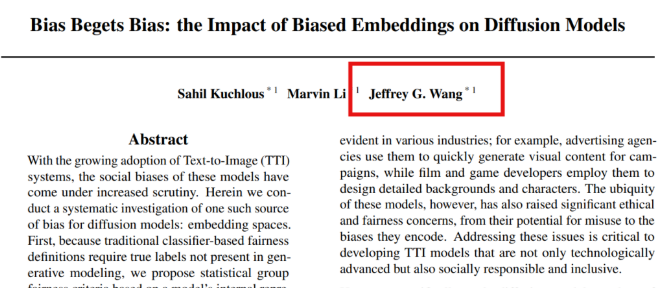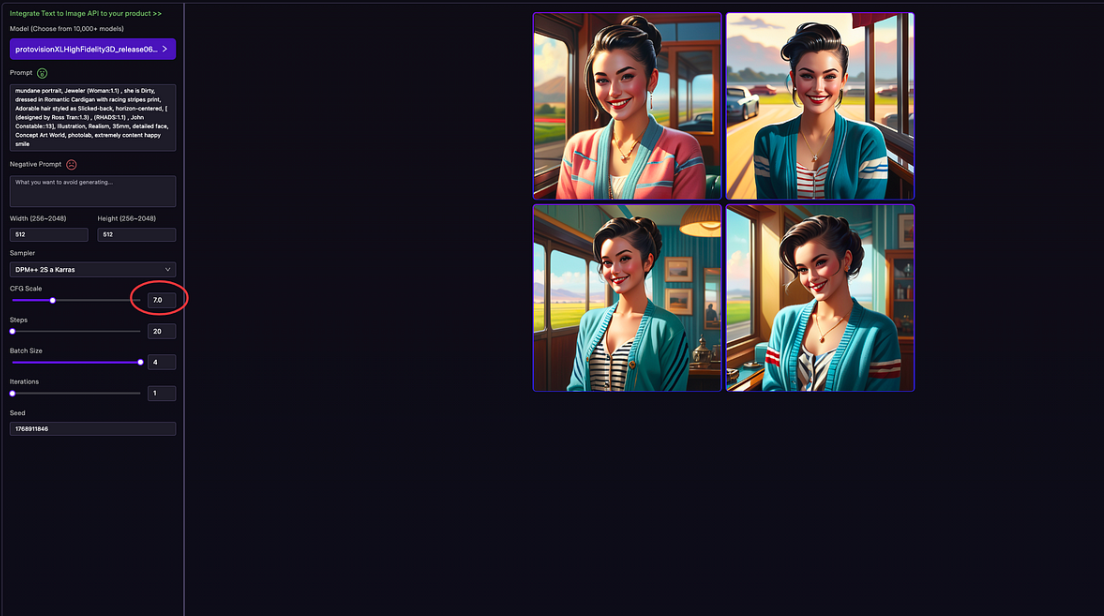Recently, Jeffrey Wang, a Chinese researcher at Harvard University, officially joined OpenAI as a researcher on the basic team, focusing on model pre-training and inference. This news attracted widespread attention, and Greg Brockman, co-founder and president of OpenAI, also immediately expressed his warm welcome to Jeffrey's joining.

Jeffrey Wang’s academic background is quite impressive. He graduated from a high school in California, where he won a national award for "developing statistical methods to detect changes in 3D genome structure" and was successfully shortlisted for the Regeneron Science Genius Award, known as the "Young Nobel Prize" in the United States. He entered Harvard University in 2021, majoring in mathematics and computer science, while minoring in English. While at Harvard, Jeffrey not only actively participated in research, but also shouldered the important responsibility of teaching, teaching courses in computer science and statistics, and served as a researcher in the School of Engineering and Applied Science, focusing on the robustness and privacy of machine learning models.
Jeffrey Wang's research output at Harvard is also quite fruitful. His two papers were presented at the NeurIPS SoLar (2023) and ICML (2024) workshops respectively. One of the articles, titled "MoPe: Language Model Privacy Attack Based on Model Perturbation," proposes a new tool, MoPe, that can effectively determine whether a specific text has been used to train a large language model. Another paper, "Bias Begets Bias: the Impact of Biased Embeddings on Diffusion Models," explores the impact of bias in the embedding space on the fairness of diffusion models, providing a new theoretical framework for the field.
Not only academically, Jeffrey Wang is also a moderately accomplished writer. His work has been published in "The Adroit Journal" and he has shared stories about history, science and statistics on Quora, a well-known online question and answer platform in the United States, and has received more than 6 million views.
Jeffrey Wang's joining not only marks a major leap forward for him in the field of artificial intelligence, but also demonstrates OpenAI's attraction to top talents. Today, more and more young talents are devoting themselves to AI research, and OpenAI seems to have become an ideal stage for them to pursue their dreams.
AI courses are suitable for people who are interested in artificial intelligence technology, including but not limited to students, engineers, data scientists, developers, and professionals in AI technology.
The course content ranges from basic to advanced. Beginners can choose basic courses and gradually go into more complex algorithms and applications.
Learning AI requires a certain mathematical foundation (such as linear algebra, probability theory, calculus, etc.), as well as programming knowledge (Python is the most commonly used programming language).
You will learn the core concepts and technologies in the fields of natural language processing, computer vision, data analysis, and master the use of AI tools and frameworks for practical development.
You can work as a data scientist, machine learning engineer, AI researcher, or apply AI technology to innovate in all walks of life.







